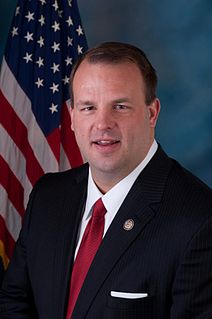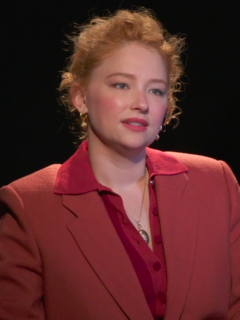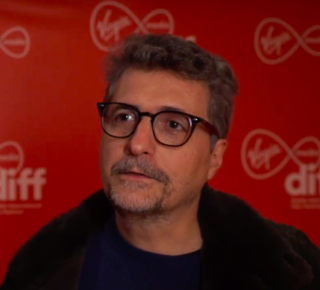A Quote by Geena Davis
I'm not somebody who takes stuff home with them, that if I shoot a scene and I'm personally impacted for days or something. I mean it certainly is affecting and everything, but it doesn't penetrate to some deeper layer. I'm in it when I'm in it.
Related Quotes
The biggest change we have to tackle that's out there is that we're digging the hole deeper and deeper and spending is totally out of control. And that's something that, quite frankly, is affecting future generations. You're giving a lot of debt to them and you can't keep doing it. It's not helping anybody.
I was basically a sound engineer, I produced radio shows and stuff and had to splice tape in the old days. And you knew a sloppy edit when you heard it, because I had enough of them. But that stuff takes the magic out of it, if you need to know everything. Then you become omnivorous. Everything is tender, and as soon as you burn it up, you're on to the next.
Because of the way that I work with the actors and because a scene is not in this rigid and literal interpretation of something written, I can constantly change stuff, which means I can get a scene absolutely perfect, and then when we go to shoot it, the requirements of the shot mean it would be useful to extend the dialogue or take a line out or swap things around. So the camera doesn't serve the action. The action serves the camera. That's important. So it becomes more and more organic and integrated.
Certain movies like 'Wag The Dog,' we used improv on every scene that we did. Pretty much, we would shoot from the script and then some stuff that we came up with in rehearsal, and then we'd have at least one or two takes where we completely went off the script and just flew by the seat of our pants.
When you write a scene where somebody is afraid of something you instantly go to decades of genre cinema: horror, suspense, and thrillers. Those are very cinematic genres, when you shoot a close-up of someone and you can see fear in the person's face, or anticipation, or some kind of anxiety, it's a very cinematic image.
I worry that the level of interrupt, the sort of overwhelming rapidity of information — and especially of stressful information — is in fact affecting cognition. It is in fact affecting deeper thinking. I still believe that sitting down and reading a book is the best way to really learn something.? And I worry that we’re losing that.
On social media and [in person] I hear stories of how a song like "Home" helps. Whether it's a guy overseas coping with missing his family or something deeper and terribly dramatic. Somebody once told me that ["Home"] is the song they listen to when they go to the cemetery to visit their child that passed away. It gives them hope. At the end of the day, that's all what I want to offer people.




































